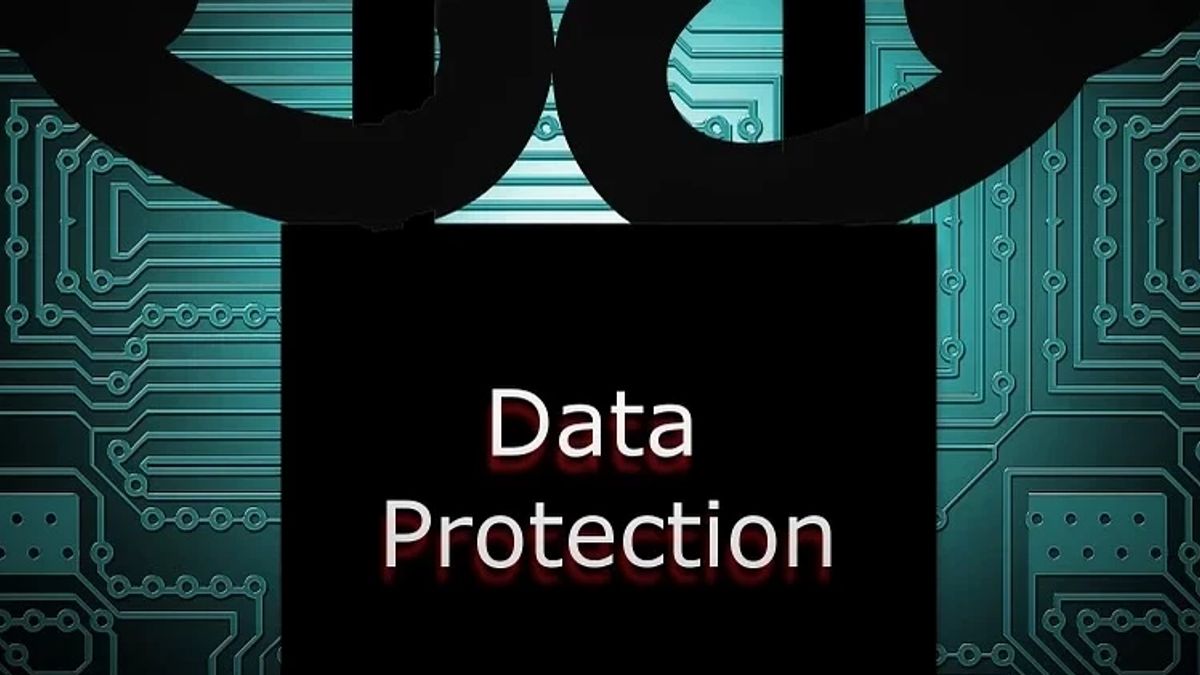JAKARTA - For the past few days, Indonesians have been worried about the alleged leak of 17 million PLN customer data, and the latest one is the data leak of 26 million Indihome users.
For the alleged leak of PLN customer data, PLN confirmed on Saturday, August 20 at 13.00 WIB, that PLN's actual customer data system is safe and cannot be entered by outsiders. Checks are carried out on PLN's main data center through systems from various perimeters and all are in safe condition.
"This data is not real customer transaction data and is not updated, so it is not expected to have a major impact on customers. In general, electricity services to customers are not disrupted," said PLN spokesman Gregorius Adi Trianto.
As for the Indihome case, the Ministry of Communications and Information Technology admitted that it is currently investigating the alleged incident and will immediately call Telkom's management to get a report and Telkom's follow-up steps.
However, data leakage has always been the number one issue that companies and individuals must pay more attention to to maintain data security.
To that end, VOI tried to contact global cybersecurity company, Kaspersky for tips and tricks to help organizations improve their cybersecurity infrastructure, here are the suggestions they provide:
Evaluate the organization's cybersecurity risks on a regular basis. Regularly remind staff of how to handle sensitive data, for example, only store it in trusted cloud services that need to be authenticated for access and should not be shared with untrusted third parties. Never click on a link sent in an unsolicited email. They may be part of a phishing scam, and attempt to obtain your passwords, credit card numbers, bank account details, and more. Clicking on this link may download malware malicious software to your device. Disable the autofill option. This is a time-saving feature, but if it's convenient for you, it's also convenient for hackers. All autofill info should be saved somewhere, like in your browser's profile folder. This is the first place hackers will go to look for your name, address, phone number, and any other information they need to steal your identity or access your account. Back up critical data and update IT tools and applications regularly to avoid unpatched vulnerabilities that could be the reason for breaches. Implement good password habits throughout the organization. Make sure the passwords are strong and it's ideal to use a password manager to keep all your passwords safe. Use threat intelligence solutions as evidence-based knowledge, including context, mechanisms, indicators, implications, and action-oriented recommendations regarding threats or potential harm that can or may occur to assets. Always involve experts like Kaspersky and law enforcement agencies in the event of a breach.The English, Chinese, Japanese, Arabic, and French versions are automatically generated by the AI. So there may still be inaccuracies in translating, please always see Indonesian as our main language. (system supported by DigitalSiber.id)








